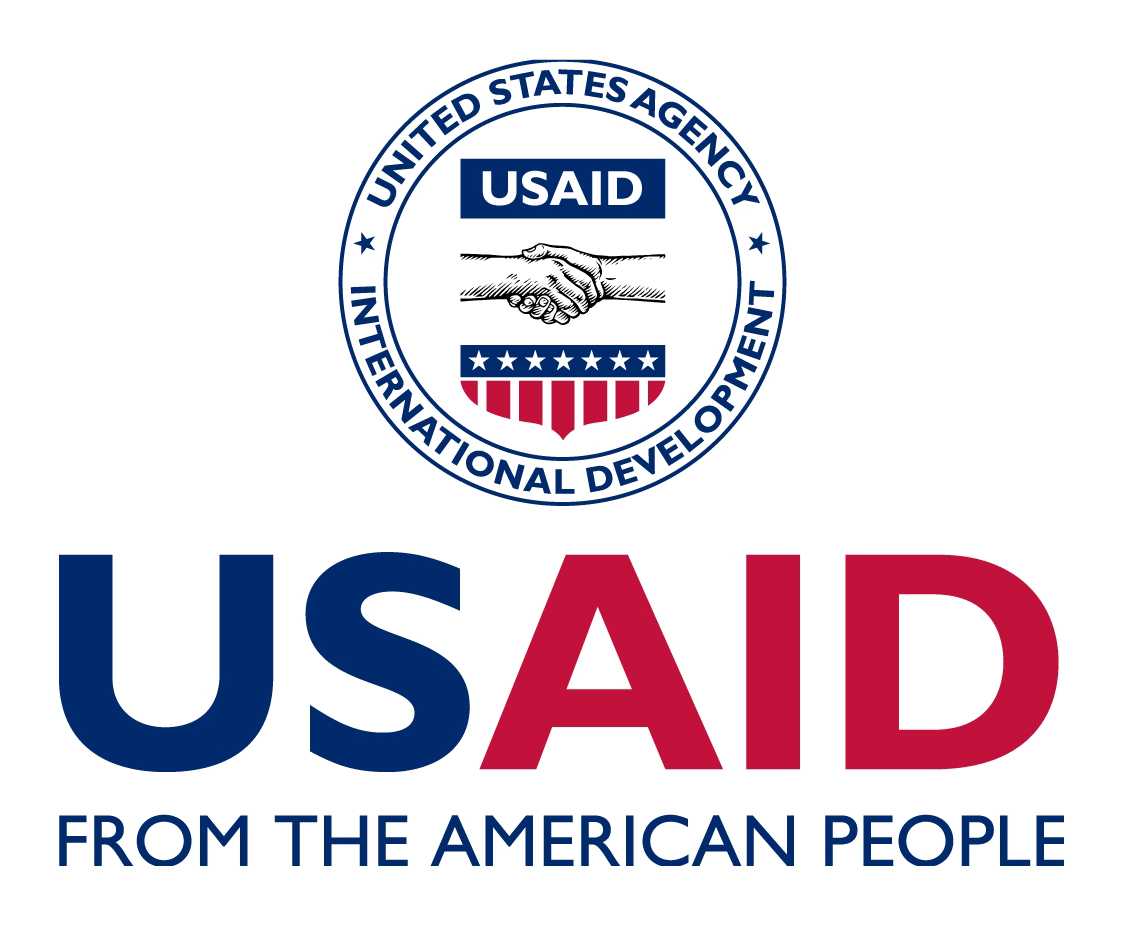WASHINGTON, D.C., U.S. – The U.S. Agency for International Development (USAID) announced a $1.8 million partnership with Michigan State University to help the African Great Lakes region maintain its international position in the coffee market.
Today, the first ever International Coffee Day, provides an opportunity to reflect on how the coffee in your cup is connected to the lives of smallholder farmers in low income countries around the world.
This partnership launches the Feed the Future African Great Lakes Region Coffee Support Program that will help coffee farmers in Rwanda support their families.
Coffee is more than a popular beverage consumed by one-third of the world’s population; it’s a key source of income for 25 million farmer families in Latin America, Africa and Asia. Coffee production also drives demand for farm labor, benefiting resource-poor rural families and communities around the world.
In Rwanda, specialty coffee is the main source of cash income for hundreds of thousands of smallholder farmers, and Rwandan coffee has had considerable success in international markets. USAID funding played a key role in reviving the coffee sector following the genocide in Rwanda in 1994.
Today, that success is in jeopardy due to declining productivity in the field and plant diseases like the increasingly prevalent antestia bug infestation, which causes affected coffee beans to taste like raw potatoes (a condition often called Potato Taste Defect).
To address these threats, MSU and USAID are rolling out the Feed the Future African Great Lakes Region Coffee Support Program.
“We will address these issues through an integrated program of applied research, farmer capacity building and policy engagement,” said Dan Clay, MSU’s Director of Global Programs in Sustainable Agri-food Systems.
“The solution will require a public-private sector coordinated approach across the entire value chain, including producers, washing stations, dry mills, exporters and the government agencies that support the sector’s growth.”
Tjada McKenna, Deputy Coordinator for Development for Feed the Future and Assistant to the Administrator in the U.S. Agency for International Development’s (USAID) Bureau for Food Security, added,
“We know that the path to global food security cannot be forged by governments alone. We’re excited to leverage these alliances and the tremendous market knowledge of our private sector partners to promote an enabling environment for sustainable and inclusive growth in the Africa Great Lakes region’s coffee sector.”
Recognizing coffee’s contribution to poverty reduction and development, Feed the Future devotes significant resources to improving the productivity and incomes of smallholder coffee producers.
Through its leadership of the initiative, the USAID helps smallholder coffee farmers in countries like Rwanda, Ethiopia, Uganda, Burma and Guatemala improve their capacity to produce and process high-quality coffee, expand their access to markets and trade, and increase the economic resilience of vulnerable rural communities.
USAID also develops strategic alliances with the coffee industry to identify and fund projects where critical development needs overlap with business interests. Companies like Starbucks, Keurig Green Mountain, Smucker’s and many others know that helping farmers stay in business will ensure sustainable supplies of high quality coffee into the future.
Farmers need a fair price for what they produce, and the resilience to adapt production and processing to address pests, plant diseases and climate and weather changes.
By working jointly with private companies, farmer associations, non-profit organizations and others, USAID is maximizing impact to reduce poverty, helping smallholder farmers feed their families, and making coffee production resilient to a changing climate.
About Feed the Future
Feed the Future is the U.S. Government’s global hunger and food security initiative. With a focus on smallholder farmers, particularly women, Feed the Future supports partner countries in developing their agriculture sectors to spur economic growth and trade that increase incomes and reduce hunger, poverty and undernutrition.
For more information, visit www.feedthefuture.gov.


















